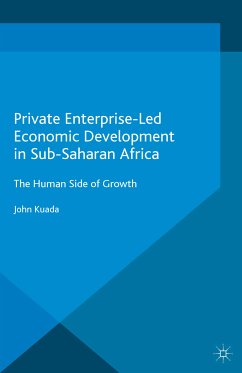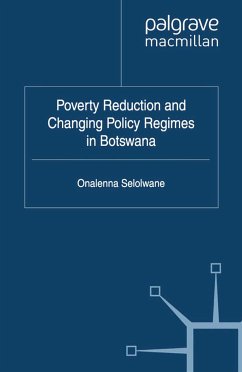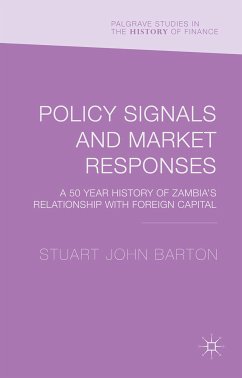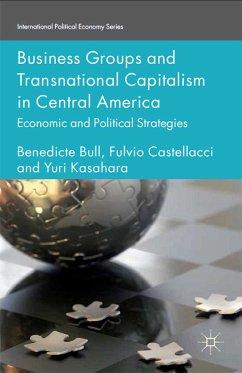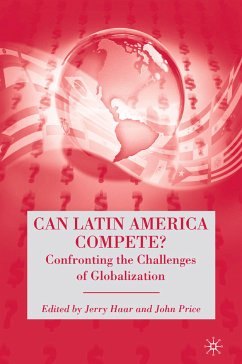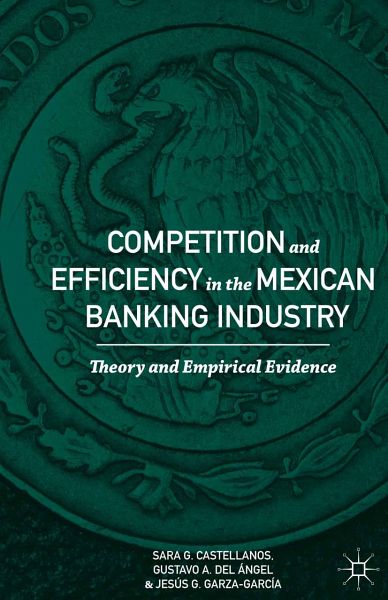
Competition and Efficiency in the Mexican Banking Industry (eBook, PDF)
Theory and Empirical Evidence
Versandkostenfrei!
Sofort per Download lieferbar
72,95 €
inkl. MwSt.
Weitere Ausgaben:

PAYBACK Punkte
36 °P sammeln!
This useful new book contributes to the understanding of competition policy in the Mexican banking system and explains how levels of competition relate to banks' efficiency. It contrasts concepts of economic theory with empirical evidence to distill optimal policy decisions. The authors study the banking sector in Mexico, a developing country with a regulated and sound banking system and an industry with strong participation from global systemic banks. However, the Mexican banking system continues to have low financial deepening in the economy. Simultaneously, changes experienced by the Mexica...
This useful new book contributes to the understanding of competition policy in the Mexican banking system and explains how levels of competition relate to banks' efficiency. It contrasts concepts of economic theory with empirical evidence to distill optimal policy decisions. The authors study the banking sector in Mexico, a developing country with a regulated and sound banking system and an industry with strong participation from global systemic banks. However, the Mexican banking system continues to have low financial deepening in the economy. Simultaneously, changes experienced by the Mexican financial system in recent decades have completely transformed its architecture, structure of ownership and control, and its competitive conditions, and have undeniably affected system performance and efficiency. This provides a natural laboratory in which to answer the questions of scholars, economists, and policymakers.
Dieser Download kann aus rechtlichen Gründen nur mit Rechnungsadresse in A, B, BG, CY, CZ, D, DK, EW, E, FIN, F, GR, HR, H, IRL, I, LT, L, LR, M, NL, PL, P, R, S, SLO, SK ausgeliefert werden.



